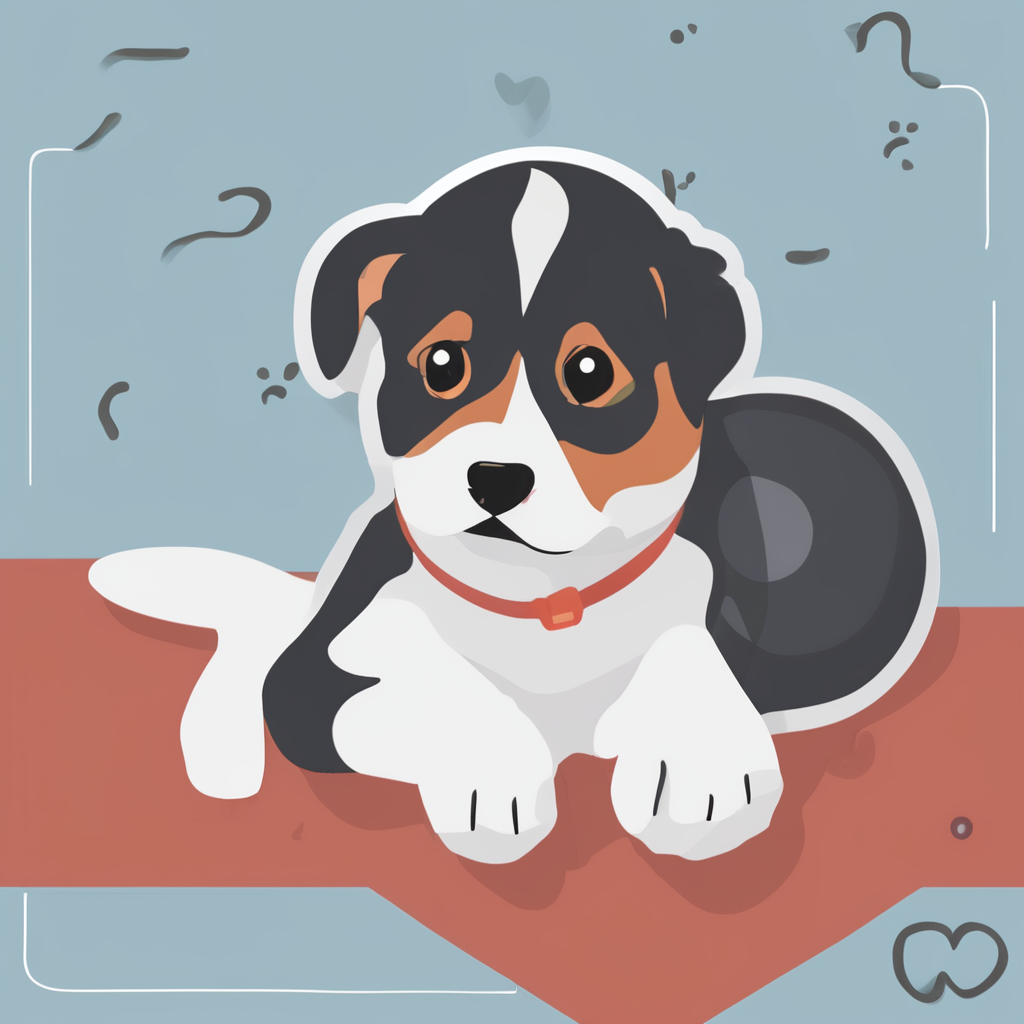Unique Temperaments of British Cats
British cat personality is renowned for its calm and gentle disposition, making these cats ideal companions in various household settings. The temperament of British breeds, such as the British Shorthair, often features a laid-back nature combined with affectionate tendencies. These cats enjoy quiet environments but are also capable of engaging playfully with their human families when the mood strikes.
Affectionate British cats express their bond through gentle head butts, purring, and sitting close to their owners. They often seek attention on their own terms, showing warmth without being overly demanding. This balance appeals to many pet owners who value companionship without constant neediness.
Also to discover : How Do Domestic Cats Impact the Local Ecosystem in the UK?
One remarkable aspect of the temperament of British breeds is their adaptability. They tend to adjust well to changes, including new family members or pets, contributing to their popularity in diverse households. Their sociability means they can comfortably coexist with other animals and children, enhancing their role as beloved family members.
Understanding these behavioral traits highlights why British cat personality remains highly sought after by those looking for a blend of affection, calmness, and sociability.
Also to read : Why Do Cats Communicate Differently with Humans?
Distinctive Physical Attributes
The British cat appearance is instantly recognizable, characterized primarily by its dense, plush coat and a distinctive round facial structure. These British Shorthair features include chubby cheeks, a strong chin, and large, expressive eyes, lending the cat its iconic British feline look. The coat is thick and dense, designed to protect from colder climates, and feels luxuriously soft to the touch.
One of the most striking aspects of the British cat’s appearance is its eye color. Common eye colours range from deep copper to rich gold, often shining brightly against the velvety coat. Colour variations and markings add to their charm, with classic tabby patterns or solid hues frequently seen in these cats.
Differences between British breeds, such as British Shorthair versus British Longhair, are noticeable in their fur length and overall bulk. The Shorthair retains a compact and muscular build with a short coat, while the Longhair sports a longer, feathered coat creating an even more plush effect, although both maintain the signature round head and stocky frame. This combination of features creates the timeless, beloved look unique to British felines.
Sociability and Interaction with Families
British cats are renowned as sociable British cats that seamlessly adapt to family life. Their gentle nature makes them especially suitable as family-friendly cats UK, often thriving alongside children and other pets. This breed naturally exhibits a calm demeanor, which fosters a harmonious environment at home.
When considering British cats with children, their reputation for patience shines. These cats tolerate the unpredictability of energetic youngsters better than many other breeds. Their affectionate yet reserved temperament ensures they provide companionship without overwhelming young family members.
Real-life anecdotes highlight British cats curling up beside children during storytime or peacefully coexisting with household pets, underscoring their innate adaptability. Owners often note how these cats avoid conflict, instead seeking shared comfort and gentle interaction.
Choosing a sociable British cat means welcoming a pet that values connection yet respects personal space. For families looking for a balanced and patient companion, this breed stands out as an excellent choice, enriching family dynamics with warmth and stability.
Playfulness and Intelligence
British cats are renowned for their playful British cats nature combined with a calm intelligence that makes them truly engaging companions. These cats enjoy interactive engagement, often favoring toys that stimulate their natural hunting instincts. Feather wands, puzzle feeders, and gentle games of chase are among their favorite types of play. This not only entertains them but also fulfills their need for mental stimulation.
When considering British breeds, their intelligence stands out. They exhibit problem-solving skills such as opening doors or retrieving hidden toys, reflecting why they are categorized among intelligent British breeds. Their ability to learn commands and respond to training sessions is remarkable for feline companions, proving their keen minds.
The mental stimulation needs for British breeds should never be overlooked. Without sufficient engagement, these cats may become bored or lethargic. Offering a variety of challenges, from new toys to puzzle feeders, satisfies their curiosity and sharpens their intellect. Understanding these engaging British cat traits ensures a happy, well-rounded pet that thrives both physically and mentally.
Low-Maintenance Traits
British cats are celebrated for being easy-care British cats, making them ideal for owners seeking a low-maintenance companion. Their dense but short coats require only British cat grooming occasionally, usually just a weekly brush to remove loose fur and prevent matting. This minimal grooming routine helps reduce shedding and keeps their plush coat looking neat without demanding excessive time or effort.
An appealing aspect of these felines is their independent British cats nature. They enjoy affection but are also content spending time alone, which suits busy households. This balance allows owners to enjoy a loving pet without the pressure of constant attention.
From a health perspective, British breeds often show commendable longevity and general robustness. They tend to resist common feline health issues better than more delicate breeds, alleviating concerns about high veterinary costs or intensive care. Overall, the combination of manageable grooming, a balanced character, and sturdy health makes British cats a smart and rewarding choice for those seeking an easygoing feline friend.
